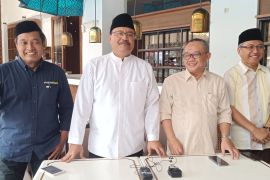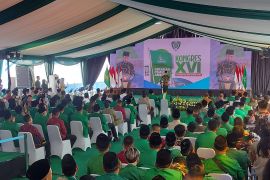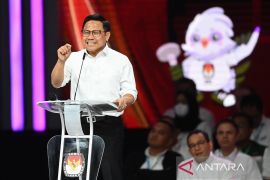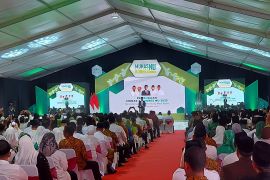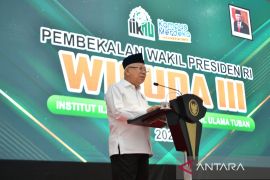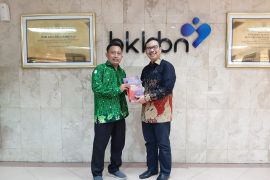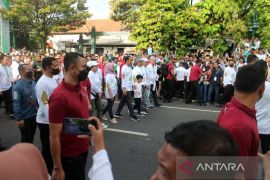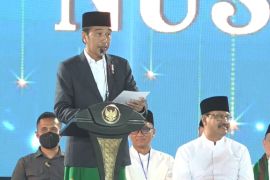"They (Papuans) should be drawn into conversation, their problems addressed through the cultural, humane approach. Involve also the local civil society," the chairman of the country`s largest Muslim mass organization said.
He was commenting on Wednesday`s incident in Jayapura where police broke up a "Papua People`s Congress" because it had turned into a forum supporting West Papua`s separation from the Republic of Indonesia. A number of the meeting`s participants were arrested but at the same time a few people were found dead at locations away from the meeting`s venue.
"NU would deeply deplore the continued application of the security approach or violent methods in Papua, including in the handling of the Third Papua People`s Congress," he said.
"I am surprised that the government still uses such methods," he added.
Meanwhile, the National Commission on Human Rights (Komnas HAM) said it was worried that the crackdown on the Papua People`s Congress would be followed by en escalation in resort to violence in Papua.
"We are worried because a manhunt is still going on to catch people suspected of being OPM (Free Papua Organization) activists," Komnas HAM Chairman Ifdal Kasim said.
But on Thursday (Oct 20), a number of Papua figures in Jakarta stated they categorically rejected the holding of the Third Papua People`s Congress and its results.
The meeting was just a ploy of a handful of Papua Customary Council members who did not at all represent the majority of the people of Papua and West Papua, they said.
The dissenting Papua figures included Ramses Ohee who played an important role in the 1969 referendum that favored Papua`s integration into Indonesia, Hems Bonay, daughter of Papua`s first governor, Elieser Jan Bonay, and West Papua figure Umar Askad Sabuku.
But they also asked the government not to use violent means in handling the post-Papua People`s Congress situation. They urged the government to more seriously develop Papua in accordance with its status as a region enjoying special autonomy.
"If Papua`s special autonomy is implemented properly, I am sure that gradually significant changes for the better will happen in Papua and there will be reason for people there to talk about separation," said Frans Ansanay, a young Papua leader. (*)
Editor: Kunto Wibisono
Copyright © ANTARA 2011
